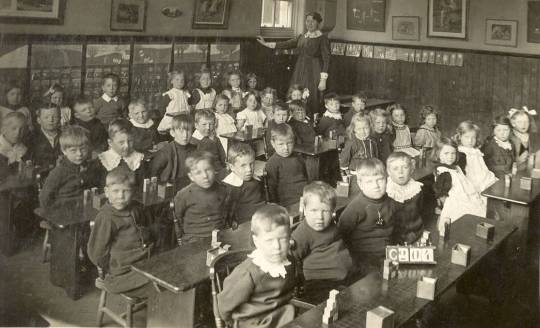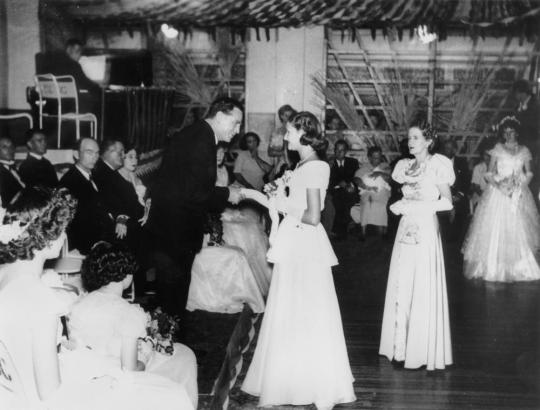
Featured Blog | This community-written post highlights the best of what the game industry has to offer. Read more like it on the Game Developer Blogs or learn how to Submit Your Own Blog Post
Unsustainable By Design
Looking for love and living beyond your means as an independent game developer

(Reposted from my game development blog)
I am going to fail

Dan Cook recently wrote an excellent and already much-referenced essay on indie sustainability, Minimum Sustainable Success, in which he points out that an assumed 10% success rate – which is probably not conservative enough! – means that only games that earn 10X their development costs should really be considered successes:
If you make 10 mobile games for $100,000 a pop:
• Brutal failures: 3 make a total of $153.02. They didn’t get featured by the app stores and were lost in the sea of obscurity. Pretty common, though people tend to be shy about discussing their failures.
• Moderate failures: 4 make $50,000!
• Break Even: 2 games break even. Everyone talks about them as if they were a success.
• Success: Only a single game earns $1 million. It needs to earn 10X its cost to cover your million dollars in total dev costs.
What happens if that profitable game make $600,000? It earned 6X its costs! You made a profit of $500,000, enough to make 5 more games. However, you are still on the long road to bankruptcy, despite an apparent success. There’s only a roughly 40% chance those 5 swings at bat will result in a success. Long term, you’ll find yourself out of money or in debt.
Put another way: if you’re an indie who’s not extremely wealthy, you need to make very inexpensive games, or fail. Or more succinctly, if you’re me: you’re going to fail.
Unsustainable by design
It’s not my nature to be super-prolific. I’m no Cactus - I like taking part in the occasional game jam, but the games I enjoy, and enjoy making, take a while to create. I don’t have nearly enough money or time to make 10 of “my” sort of games; I have enough to make maybe 1.5 or 2.
And so I’m setting myself up for financial unsustainability – and, likely, failure – but I’m doing it intentionally and with my eyes open. I’m prepared for Antihero to make $0 – I’m assuming that it won’t sell – because this is the fate of most games.
But more than anything else – much more than money – I want to be recognized. I want a seat at the big kids table. I’ll be sad, if unsurprised, if Antihero makes no money. I’ll be far sadder if nobody hears about it, or finds anything interesting about it. So look at me, I’m an artist! Not motivated by base concerns like profit… instead, like a squalling, red-faced primate in a crib, I want to be heard and I want to be loved.
My debutante ball

The highest highs and lowest lows of my professional life have come from working closely with design partners on projects that we care strongly about. I left my previous job when the studio was acquired and the new management was interested in games I didn’t care about; now, as an indie, working on games I care about is a given, but working with a partner is not.
With Antihero, I’m paying a friend to be a sort of design partner facsimile, which I’d recommend to anyone in a similar situation. But the dream is to have a true partner and make ludic babies with them. And I’m looking at the landscape out there - at the games I love and admire, i.e. my competition - and I don’t think I’m going to attract a mate with any game that costs a sensible amount of time and money.
So I’m spending more time and way more money developing this game than is sustainable. I’m paying my artist to completely change the game’s art style three times, because I’m an inexperienced art director and the first two styles just weren’t working for me. I’m going to Indiecade and PAX and the other places where the indie tastemakers gather (more time; more money) and doing my introverted damnedest to present myself, and my game, as worthy of attention.
It’s my debutante ball and I want it to be perfect.
Postscript on privilege
I ran a draft of this post by my editor/wife, who pointed out that it’s lacking insight into why I’m able to follow an unsustainable path for this first game.
It’s an excellent point: I’m coming to indie life from a position of privilege. I’ve been living more frugally since going independent - but more importantly, I have savings from previous jobs and a spouse who works a 9-5 and who’s been exceedingly patient and generous as I’ve spent lots of money and time on a passion project. If the inevitable happens and Antihero makes no money, I won’t be ruined - I’ll do contracting work to support game #2.
The role that privilege plays in indie projects is something I’m interested in exploring more. I’ll be delving into it in a future post.
(If you’re interested in running your own thieves’ guild, you can read more about Antihero, my in-development game, or follow me on Twitter.)
About the Author(s)
You May Also Like







.jpeg?width=700&auto=webp&quality=80&disable=upscale)








